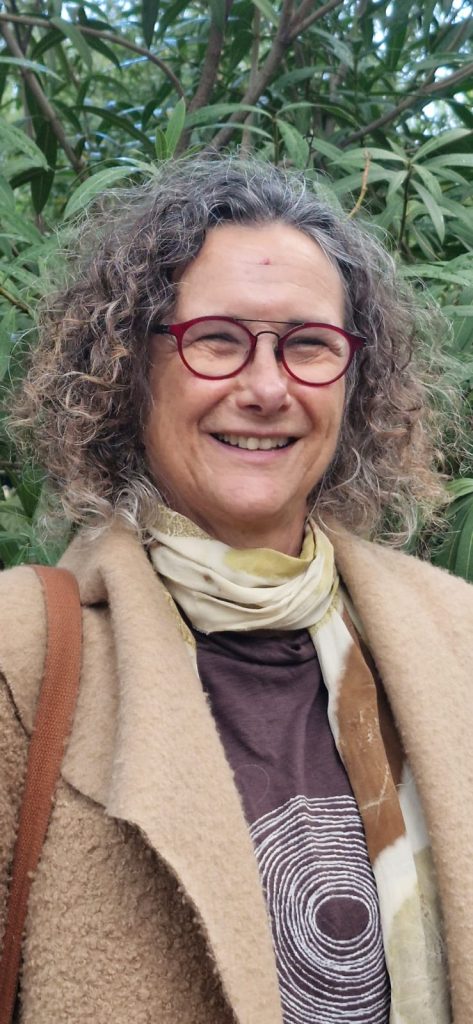A year has passed since the day when hundreds of people were murdered in the south. For a year, 101 hostages—both living and dead—have been languishing in the tunnels of Gaza. It has been a year since we, the residents of the north, were forced to leave our homes.
I still have a home—abandoned, neglected, and overrun—but still, I have a home. Many of my friends and neighbors do not have a place to return to. Like the residents of the communities in the Gaza Envelope, the people in the north represent a remarkable diversity of humanity. Every man, woman, girl, and boy among us carries a personal story, traits, talents, and loves unique to them.
We may be refugees, but above all, we are children, young people, and beloved adults. We embody a vast array of hobbies, realms of knowledge, consciousness, and opinions. With all of this wealth, we have left our homes, and it is uncertain when we will return.
The uncertainty, insecurity, suspicion, and gnawing despair we feel are shared by all of us. Yet each of us experiences these emotions in our own way and expresses them in our own manner.
And I, who have been labeled as part of “the kibbutzim,” once identified as part of “the left,” and who “loves Arabs” and is genuinely interested in various ultra-Orthodox communities – I refuse to be labeled “the evacuated.”
In the terrible turmoil of the past year, I feel my freedom of choice more than ever. Whenever a victim’s voice rises within me, I make an effort to stand up and choose.

Choice is resistance; choice is freedom. Day by day, I meet brave members of the community who choose courageously. They choose to explore the country—to travel, to meet family and friends even when there’s nowhere to go. Most importantly, those without homes, who have not been in their own home for a year, support, assist, and do everything they can for others.
In the “Poteach Shearim” congregation in Kiryat Shmona, most of us do not live in our homes. The few who remain are under fire, in a city where life seems to have stopped. They continue to serve in the reserves, earn a living, care for beloved pets, and visit family whenever they can.
All the challenges we faced as a community just before “after the holidays” last year have been turned upside down. Our community hardly celebrates together anymore, but perhaps our connections have deepened.
In our community, there are members who have been on the front lines of the north for a year, in what are called “non-evacuated communities.” I wish to see and honor their voices and their lives.
The political leadership of the State of Israel has abandoned us and continues to do so. Politicians treat us like sheep or cattle, fostering rivalries filled with strife and hatred. In Israeli reality, these separating labels obscure and hide friendships, volunteerism, goodwill, and the love that exists among all groups within the nation.
Our struggle is to see the person underneath it all, to foster a spirit of tolerance and love, and above all, to do everything possible against labeling and generalizations. The state exists to provide us with security, but in practice, it neglects us. Resistance to the spirit of despair means accepting each person as they are, loving humanity, and extending hands for comforting connections, while honoring culture in all its forms—Jewish, Arab, or Circassian.
No one can bring back our fallen soldiers, including my nephew, Gilad Rozenblit z”l. This reality calls us all to uphold the sanctity of life—the sanctity of our soldiers’ lives, as well as the sanctity of the lives of residents in Gaza, Lebanon, Judea, and Samaria.
As the rabbi of the “Poteach Shearim” congregation, I will continue to practice as long as I have the spirit within me, listening to others and speaking about values—about peace, freedom, sincerity, human solidarity, and the possibility of love!

